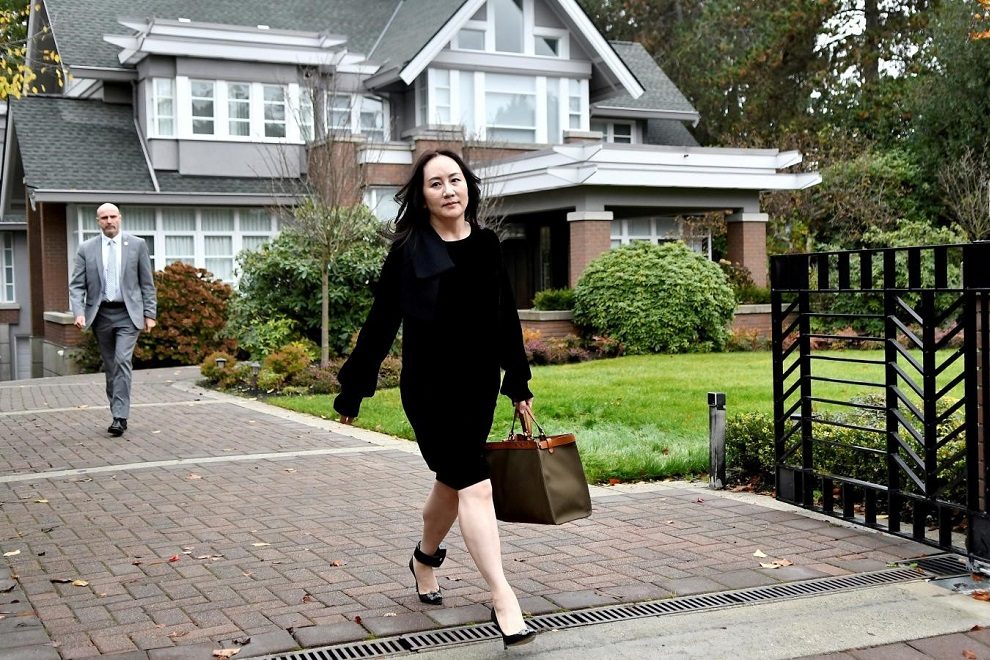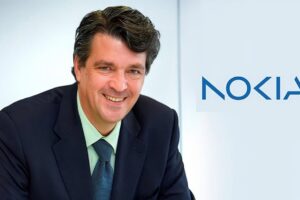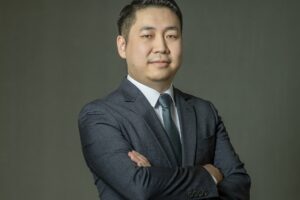By: Khalid Athar
Huawei CFO Meng Wanzhou is back to the court. From June 29 to 30, The Supreme Court of British Columbia heard Ms. Meng’s application for introducing into evidence, the new documents obtained from HSBC. Ms. Meng’s lawyers argued that the new evidence shows that US made false’ claims, and that the new documents could reveal that the Record of the Case (ROC) submitted by the US is obviously unreliable and is realistically capable to prove that Canada has been misled on the case.
Meng is Huawei’s chief financial officer and the daughter of Huawei Founder and CEO Ren. The 49-year-old was arrested at Vancouver’s airport on Dec. 1, 2018 after arriving on a flight from Hong Kong, en route to Mexico City.
The U.S. wants her rendered to New York, where she will face fraud charges in relation to allegations she lied to an HSBC executive in 2013 about Huawei’s control of a subsidiary accused of violating U.S. economic sanctions against Iran.
Meng’s lawyers want the court to permit them to introduce the HSBC documents when Ms. Meng considers arguments during the final part of extradition proceedings next month. Meng Lawyers needs to convince the court that the new evidence is capable of proving the U.S. record of the case is “unreliable.”
In day 1 of the two-day hearing Tuesday June 29th, lawyer Mark Sandler told British Columbia Supreme Court Associate Chief Justice Heather Holmes the emails and reports Ms. Meng has obtained from the bank put her on “equal footing” with prosecutors to challenge allegations of fraud. Ms. Meng’s lawyers argued that based on the new evidence obtained from HSBC, the Record of the Case (ROC) submitted by the US had selectively omitted material information.
Lawyers argued that HSBC was aware of Huawei’s relationship with Skycom. The ROC claimed that Ms. Meng was charged with fraud because her PPT presentation misled HSBC on Huawei’s relationship with Skycom and its parent company Canicula. However, lots of information in the ROC proves that HSBC was fully aware of Huawei’s relationship with Skycom. The lawyers said that the new evidence obtained from HSCB can prove that HSBC executives were aware of Huawei’s relationship with Skycom, and therefore the charges brought by the US were manifestly unreliable.
Ms. Meng’s lawyers argued that HSBC executive even confirmed that the risk associated with continuing working with Huawei was controllable and approved four risk assessment reports, recommending that HSBC maintains its partnership with Huawei. This is contrary to the charges laid out in the ROC that HSBC determined whether to continue to work with Huawei based on Meng’s PowerPoint presentation.
According to Meng’s lawyers, the case is very exceptional as an unusual aspect of the case is that the party accused of “committing fraud” sought evidence from the purported “victim” HSBC, in order to prove her innocence, and the purported “victim” was willing to provide the evidence to the Defense. In addition, both the US’s ROC and Ms. Meng’s evidence came from HSBC, but the two parties sought to prove contrary results.
Meng’s lawyer Mark Sandler said to the judge in court, “It is relatively rare that the person sought wishes to place before the court the purported victim’s own records to impeach the threshold reliability of the prosecution’s cases.”
The new evidence obtained by Ms. Meng’s lawyers from HSBC directly proves two misstatements that are seriously misleading. The first about “senior executives of HSBC were not aware of the relationship between Huawei and Skycom. The 2nd is “HSBC relied on Ms. Meng’s PowerPoint presentation to assess risks.” However, information obtained from HSBC’s Head Office Reporting Information System (HORIS) – the bank’s client management system – shows that employees at all levels at the bank were “systematically” aware of the relationship between Huawei and Skycom.
The U.S. government’s position is that “only some junior employees” knew the facts, but it is hard to reach that conclusion after reviewing the new evidence.
Meng lawyer Mark Sandler told Associate Chief Justice Heather Holmes the new evidence consists of reliable business records that show the U.S. version of the case and the summaries of the evidence used to support it are “so defective as to compel the court to place no reliance on them.”
The U.S. government’s case for extradition, being argued by the Attorney General of Canada, suggests HSBC would not have maintained Huawei as a client had it known about the true relationship between the Chinese telecom giant and Skycom. But the documents make clear that executives at managing director level
Associate Chief Justice of British Columbia Supreme Court Heather Holmes has to decide whether the evidence is admissible.
Canada can use the new evidence as an opportunity to open new channels of talks with the Chinese government about the two detained Canadians, Michael Spavor and Michael Kovrig.












